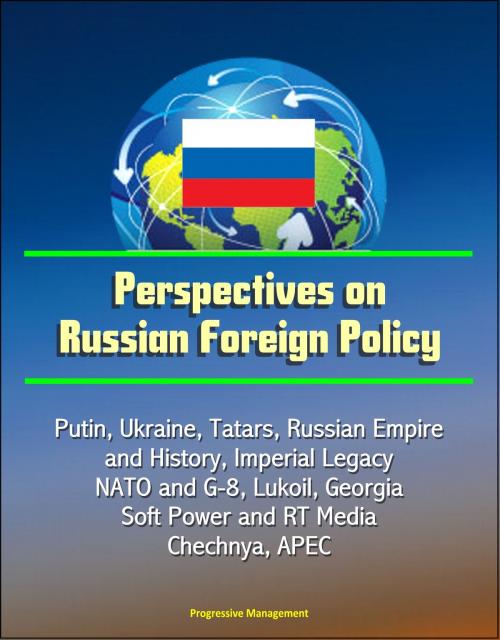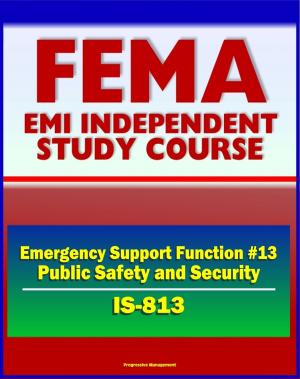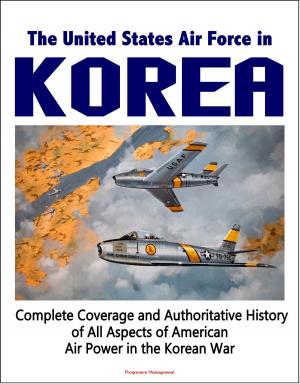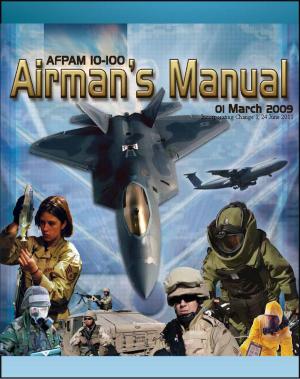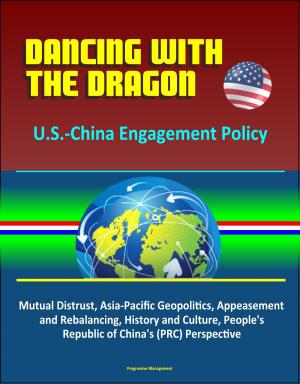Perspectives on Russian Foreign Policy: Putin, Ukraine, Tatars, Russian Empire and History, Imperial Legacy, NATO and G-8, Lukoil, Georgia, Soft Power and RT Media, Chechnya, APEC
Nonfiction, History, Asian, Russia| Author: | Progressive Management | ISBN: | 9781311717375 |
| Publisher: | Progressive Management | Publication: | March 15, 2014 |
| Imprint: | Smashwords Edition | Language: | English |
| Author: | Progressive Management |
| ISBN: | 9781311717375 |
| Publisher: | Progressive Management |
| Publication: | March 15, 2014 |
| Imprint: | Smashwords Edition |
| Language: | English |
The essays collected in this volume comprise a panel on Russian foreign policy that was presented at the Strategic Studies Institute's (SSI) annual Conference on Russia on September 26-27, 2011, held at Carlisle, PA. These chapters aimed at analyzing not just the day to day diplomacy, but some of the deeper structures of Russian foreign policy, both their material basis in actual policy and the cognitive structures or mentality that underlies it. This issue is now more important with the return of Vladimir Putin to the presidency of Russia and the fact that major transformations in international relations are occurring today across the globe and at an unprecedented pace.
Topics and subjects covered include: NATO, ABM, missile defense, multipolarity, U.N. Security Council, G-8, Putin, Medvedev, APEC, CSTO, Boris Yeltsin, Russian History, Chekists, Chechnya, Ukraine, Lukoil, Tatars, OSCE, Russian Empire, Imperial Legacy, Georgia, Derzhavnost, Russian Soft Power and Media, RT.
The assessment of such changes, and of governments' policy responses to them, lies at the heart of any effort to conceive of a strategy that makes sense in today's world. Without some viable sense of trends and of the forces that shape key actors' strategies and policies (which are decidedly not the same thing), no government can navigate safely through the shoals of contemporary world politics or make informed judgments concerning war and/or peace. Since both war and politics are interactive processes "where the enemy gets a vote," a profound grasp of global political and economic trends is essential to the formulation of sound U.S. policies and strategies, especially as regards so important an actor as the Russian Federation. Providing such informed strategic analysis is SSI's primary function. Such analytical efforts constitute the bedrock of its activities and of its responsibilities to its audience. Accordingly, we are happy to present this volume to our readers in the belief that it will contribute substantially to their understanding of the contemporary world and help them to make the informed judgments about U.S. interests, policies, and strategy.
- Defying That Sinking Feeling: Russia Seeks to Uphold Its Role in the Multistructural International System in Flux * 2. The Sacred Monster: Russia as a Foreign Policy Actor * 3. Ideology and Soft Power in Contemporary Russia
The essays collected in this volume comprise a panel on Russian foreign policy that was presented at the Strategic Studies Institute's (SSI) annual Conference on Russia on September 26-27, 2011, held at Carlisle, PA. These chapters aimed at analyzing not just the day to day diplomacy, but some of the deeper structures of Russian foreign policy, both their material basis in actual policy and the cognitive structures or mentality that underlies it. This issue is now more important with the return of Vladimir Putin to the presidency of Russia and the fact that major transformations in international relations are occurring today across the globe and at an unprecedented pace.
Topics and subjects covered include: NATO, ABM, missile defense, multipolarity, U.N. Security Council, G-8, Putin, Medvedev, APEC, CSTO, Boris Yeltsin, Russian History, Chekists, Chechnya, Ukraine, Lukoil, Tatars, OSCE, Russian Empire, Imperial Legacy, Georgia, Derzhavnost, Russian Soft Power and Media, RT.
The assessment of such changes, and of governments' policy responses to them, lies at the heart of any effort to conceive of a strategy that makes sense in today's world. Without some viable sense of trends and of the forces that shape key actors' strategies and policies (which are decidedly not the same thing), no government can navigate safely through the shoals of contemporary world politics or make informed judgments concerning war and/or peace. Since both war and politics are interactive processes "where the enemy gets a vote," a profound grasp of global political and economic trends is essential to the formulation of sound U.S. policies and strategies, especially as regards so important an actor as the Russian Federation. Providing such informed strategic analysis is SSI's primary function. Such analytical efforts constitute the bedrock of its activities and of its responsibilities to its audience. Accordingly, we are happy to present this volume to our readers in the belief that it will contribute substantially to their understanding of the contemporary world and help them to make the informed judgments about U.S. interests, policies, and strategy.
- Defying That Sinking Feeling: Russia Seeks to Uphold Its Role in the Multistructural International System in Flux * 2. The Sacred Monster: Russia as a Foreign Policy Actor * 3. Ideology and Soft Power in Contemporary Russia
